What do you do when God appears and invites you? Please take this as a personal question addressed to you. What would be your response to a theophany- a manifestation of God? We know God reveals himself to us in various forms, such as in the Sacred Scripture. Samuel, for example, had a theophany experience. Samuel experienced God's revelation of himself in an interior voice, an uncommon yet authentic and believable mystery. Samuel took the advice of Eli, his spiritual father and director; he responded to God's appearance and invitation: "Speak, for your servant is listening" (1 Sam 3: 10). When God manifests his presence and invites us as he often does in the bible, sermons, sacraments, nature, people, etc., like Samuel, and by extension, the disciples in John's gospel for this Sunday (1: 35-42), we must joyfully assent and submit our will and body to his call, we should say with the Psalmist: "to do your will, O my God, is my delight" (Ps 40: 9).
To submit our will to God when he shows up and summons us to follow him is to seek to know him better. Seeking to know God better and personally occurs in the encounter between John the Baptist's two disciples and Jesus they follow after he reveals himself as the Lamb of God. He later made himself known to Andrew as the Messiah, the title by which he identifies and introduces him to Peter: "We have found the Messiah: Jesus Christ, who brings us truth and grace" (Jn 1: 41, 17).
The dialogue between Jesus and the disciples of John illustrates what listening and responding to God can look like. In our following of Jesus, we would hear questions of clarification and discernment: "What are you looking for?" Sometimes, answering questions with questions is a fruitful approach to responding to God's invitation, as in this case: "Where are you staying?" the disciples asked Jesus. Are we curious about Jesus' identity and where we can find and spend time with him? Seeking where Jesus stays, abides, or remains is another way our hearts express hunger and thirst for the Lord. "Come, and you will see," Jesus invites. He guides, he shows, and he leads us to His heart. We must respond positively and affirmatively when Jesus calls us to come closer to him and see.
What do you do when God appears and invites you? "Come, and you will see." Like Samuel, we must say, here I am, Lord, to do your will. Jesus calls us always to come and see, to know him better and more deeply. Please try to listen to God's Holy Spirit speak gently to you, inviting you to your God-given purpose and our vocation. In personal prayers, meditation, Sacred Liturgy, sacred songs, sacred scriptures, creation, Eucharistic Adoration, and other sacraments, Jesus invites us to come and see. Closely connected to Jesus' invitation is his call to us to participate in the invitation of others to come and see, to come and experience more profound friendship with Jesus.
All the individuals and families who came to the evening of Epiphany of Blessings last Sunday impressed me. You all rejected the "inclement winter weather" excuse to honor Jesus' invitation to come and receive his blessings at the special edition of our parish's monthly Eucharistic Adoration. I believe God heard our prayers of praise and adoration; He granted our petitions and intercessions for blessings upon our catholic and other families. May we welcome those blessings received in faith and let them bear fruits in our families and parish. I keep asking God's blessing upon you during my prayer and retreat.
In Christ,
Fr. Alayode Bernard Oniwe, OP
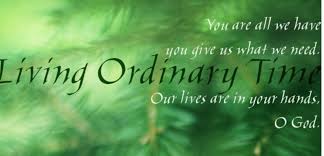

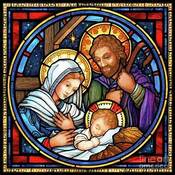

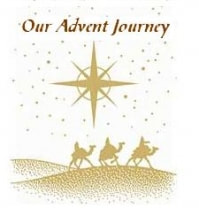
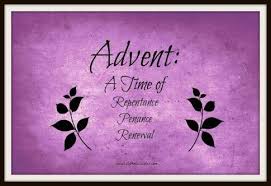

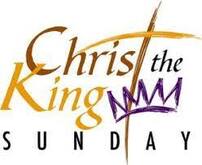


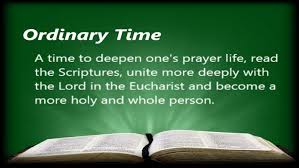

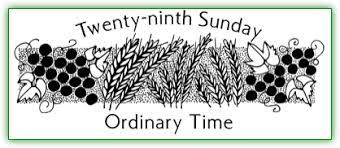


 RSS Feed
RSS Feed